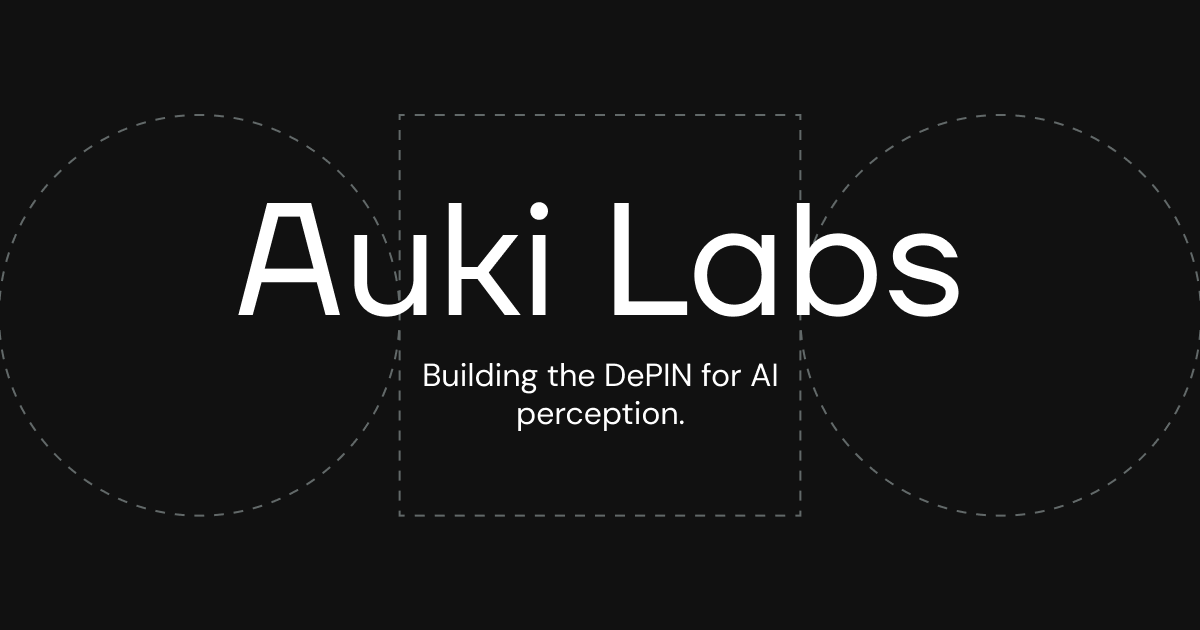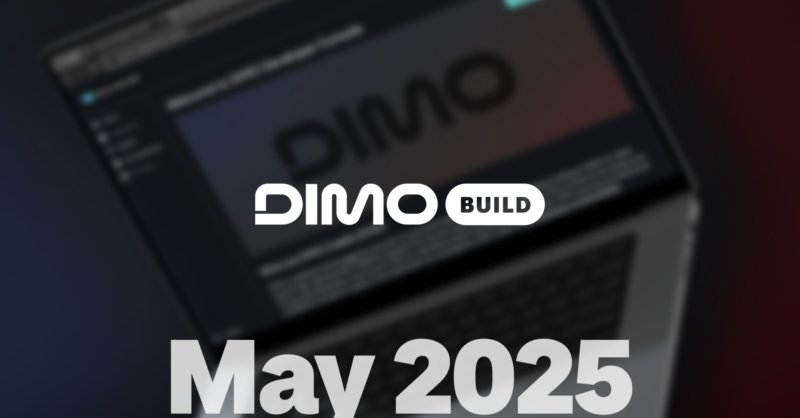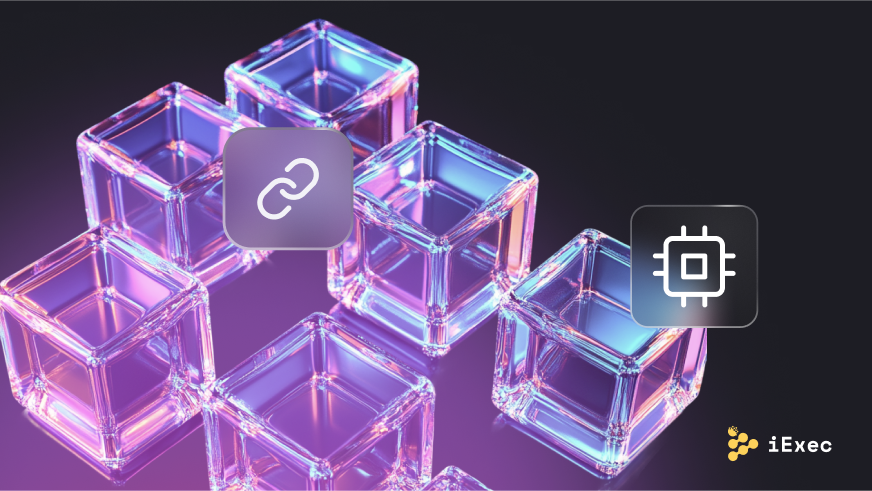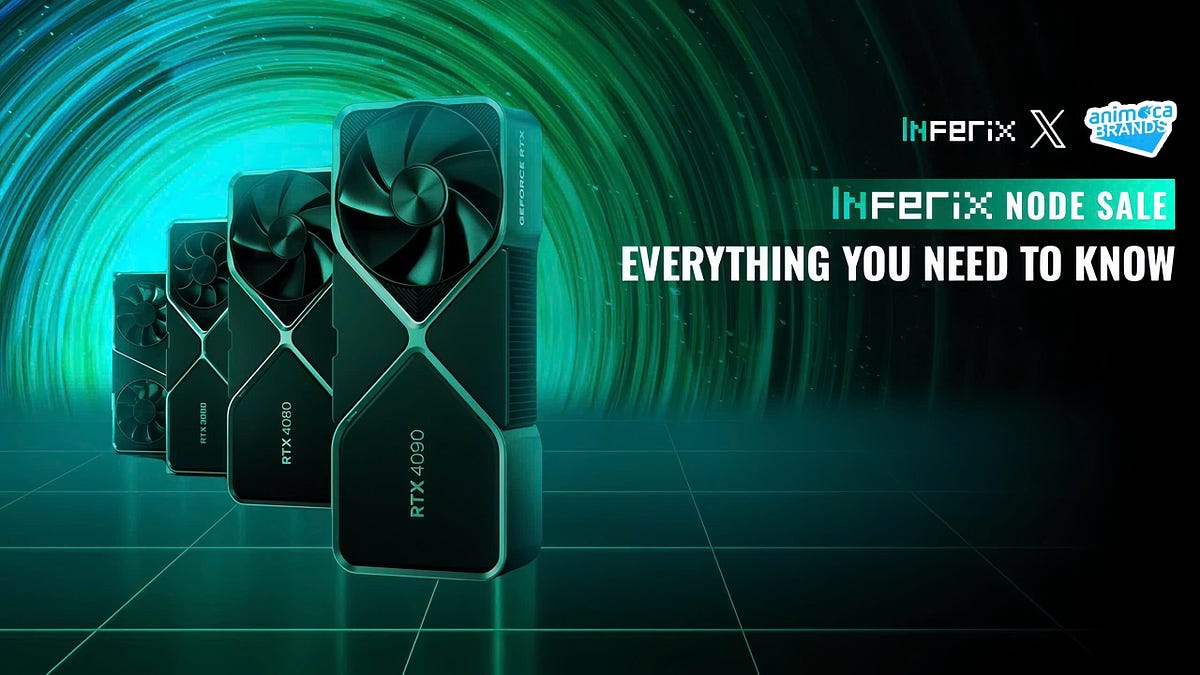Auki's Posemesh: A Decentralized Network for Machine Perception

Auki is pioneering the development of the posemesh, a decentralized machine perception network designed to bridge the gap between humans, devices, and AI for the next 100 billion users on Earth and beyond. This innovative network aims to create an external sense of space that machines and AI can utilize to collaboratively comprehend the physical world. With 70% of the global economy still reliant on physical locations and labor, Auki’s mission is to enhance civilization’s intercognitive capacity, enabling better problem-solving and experiences in conjunction with AI.
The posemesh introduces several features aimed at improving various sectors. For retailers, it addresses the critical challenge of product placement and shelf space allocation, providing insights that enhance operational efficiency. In property management, the posemesh facilitates clear communication and asset tracking, ensuring that issues are promptly identified and resolved. Furthermore, for events, it offers precise positioning and shareable navigation links, transforming how visitors navigate spaces and maximizing their experiences through augmented reality (AR) maps.
Auki emphasizes the importance of privacy in its decentralized approach, ensuring that no single organization can capture or monitor private spaces. By allowing users to contribute to AI’s understanding of the world while retaining ownership of their data, the posemesh represents a significant step towards making the world machine-readable. This initiative not only supports the AI revolution but also addresses the inherent challenges and dangers associated with data privacy in spatial computing.
Related News





